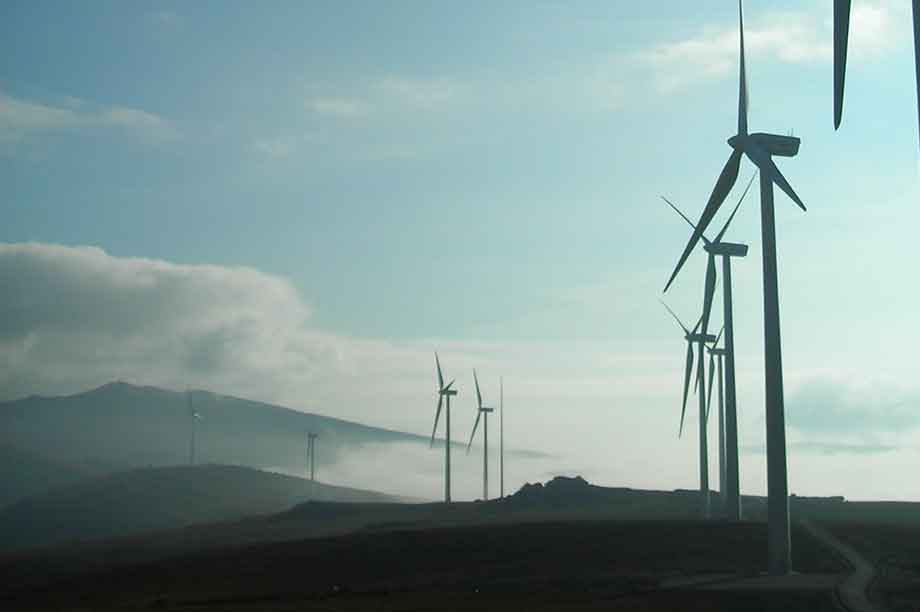EnBW, Endesa, CEZ and RWE (taking into account its 76% share in renewables, grid and marketing company Innogy) rank the lowest of the 14 companies examined by CDP's report, Charged or static: which European electric utilities are prepared for a low-carbon transition? released on 3 April.
Iberdrola was helped into second place by having the second largest share of non-hydro renewables — that is, mainly wind — at 15.2GW, 35% of its total generation capacity of 43GW, according to CDP's data.
Portugal's EDP, eighth in the ranking, has the largest capacity share of renewables excluding hydro with roughly 10GW or 40% of its 25.2GW generation capacity in 2016, CDP told “uåX˜äŠÊ˜·³Ç.
It is also the only company identified to have climate-related hurdles built into its CEO long-term incentives.
Centrica, sixth in the table, had the lowest share of renewables in 2016 after selling-off its wind fleet, but the company intends to buy renewables through power purchase agreements, said CDP.
Endesa, Enel, Iberdrola and Verbund (which has 93% hydro generation already) are committed to carbon neutrality of electricity, or 100% renewable electricity sources by 2050.

.png)


.png)










